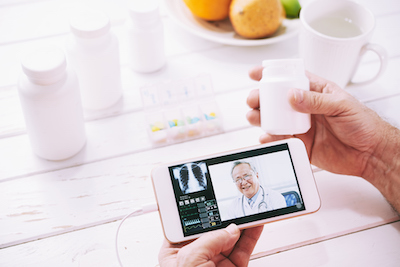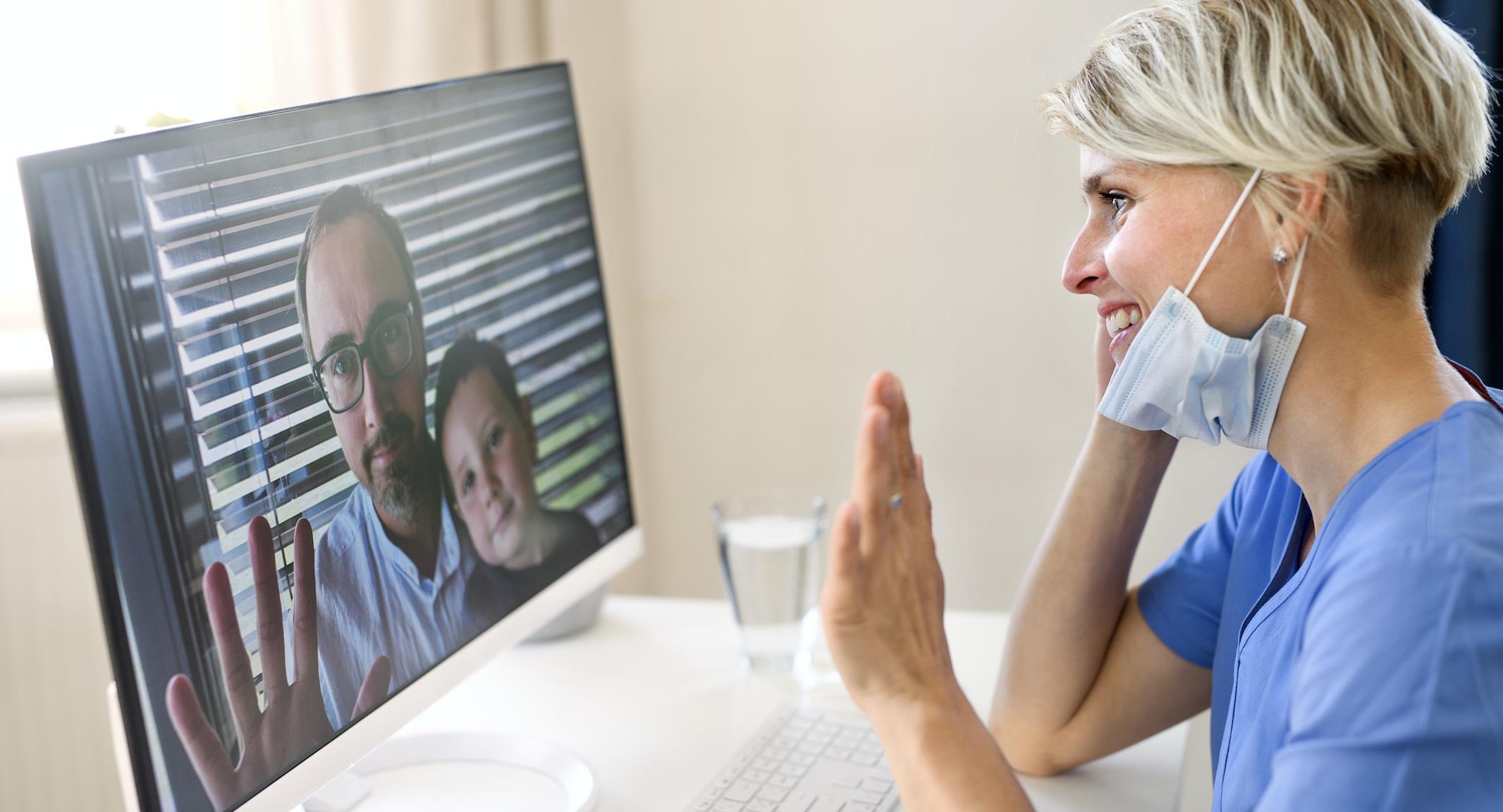5 Mental Health Struggles Made Worse by the Pandemic
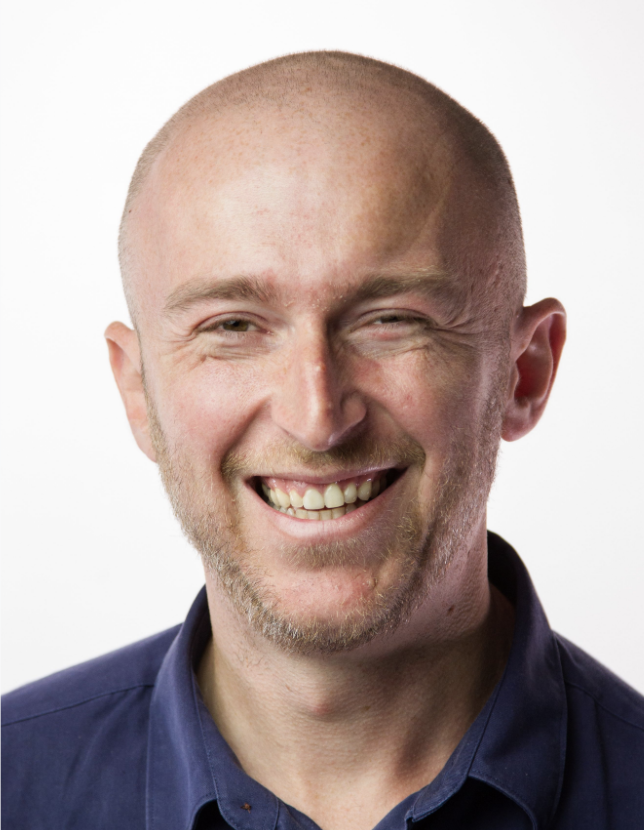
I first found out about the virus from my oncologist. He rushed in from the airport that morning for our regular check-up.
Relieved that I was still cancer free, I asked him about the trip, and he described the panic at the airport, the rate of replication, and what that might mean for all of us.
In a matter of days, the virus has taken hold of our world. Infections spiked, and there were reports of more people dying.
The supermarket shelves were swiped clean. It did not sink in until the sign went up for the testing clinic.
I kept on scanning the headlines. My breathing got heavy - is this COVID? With permanent lung damage from chemo, I'm up for the worst...
The heart was racing inside of my chest. What if my spouse gets, or one of the kids? There is no way I'm going out now... But what about work - will I still be able to pay the mortgage, and put food on the table?
1. Dealing with worry is inevitable
Worry is the number one mental health challenge we face, and it's it's made worse for those of us struggling with mental health.
The pandemic takes worry to a new level - your best laid plans go astray, with the future now shrouded in uncertainty.
Worry takes over, making it hard to concentrate on your immediate tasks, and to be fully present in your day to day life.
Speaking to their partner, or a friend can help, and it can help to emphasise to talk to a mate who is supportive, or a mental health professional who can help them through a difficult time.
We often forget, or not realise, how crucial it is to be in the presence of someone who knows how to listen, without judging or overbearing advice.
Taking the first step to talk about their troubles is hard, and encouragement is no easy task.
I often think back to one of my favourite characters, The Cowardly Lion, who already has all the courage he needs - he only needs to believe in himself first.
If you simply need to be in the know, then scheduling one news free day can help - this way, you can catch a break from the negative effects of the media.
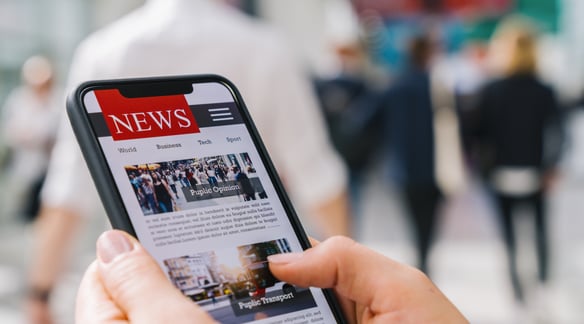 Taking a break from the news can help reduce worry and stress
Taking a break from the news can help reduce worry and stress
2. Losing control in this challenging time
You would be hard pressed to find a patient of yours who has not been affected negatively by the pandemic - from struggling with isolation, to struggling to pay the rent and put food on the table, many of us are having to suffer each day.
We lose control of our daily lives by having to deal with competing commitments, and often conflicted priorities of working from home, juggling remote learning and house work.
From my experience of living with cancer, I often find that the difference between worry and calm is separating what you can, and can't control.
3. Obsessing over symptoms
The pandemic makes you question your sanity.
Every ache or pain, and you think to yourself - is this COVID? Am I getting sick? What if I got this from work? Oh, it's so hard to breathe... This must be the virus? What now?!
You keep going over these worries, over and over again, and you don't know what will happen next, or how things might turn out.
But my experience from cancer tells me that certainty can be a lot worse - if the treatment doesn’t work, then I know that I’m going to die.
The uncertainty of the coronavirus pandemic still means that, hopefully, you or your loved ones might not get it, or even if you catch it, chances are you are going to get through it and have a good life beyond the disease.
So the best we can do is minimise risk, and putting evidence based statistics into perspective is vital for us as patients.
This information is presented in a simple, factual way, and there is significantly less room for distortion, or amplifying the negatives, and it can help your patient to understand the situation better and get worry under control.
We want to be reminded about the likelihood of getting sick in their specific situation, and the importance of getting tested to get clarity either way.
4. Conspiracy theories offer easy answers
When we end up in extreme situations, like the one in a hundred years pandemic, we have different coping strategies when we are walled in behind isolation and overwhelm.
While most of us struggle with the unknown, some turn to conspiracy theories seeding misinformation and fear about vaccines, the scientific community, and our government's response.
Now, more than ever, we need to reassure our patients that we live in an age of unparalleled scientific progress.
We have conquered much of the disease that has plagued society for centuries, from smallpox and mumps, to measles and polio.
We continue to find better ways of tackling cancer, diabetes and heart disease.
Today, we are leveraging the latest technology to deliver true innovation, with precision medicine, immunotherapy and telehealth.
This year, we are making great strides towards treatment for COVID-19, with new therapeutics, and multiple vaccine candidates in the pipeline.
This is the reason that all of us, health professionals, and those who love them, need to stand united against false news and misinformation, and to remind each other about how far we have come in the world of science.
5. Isolation is a fancy word for loneliness
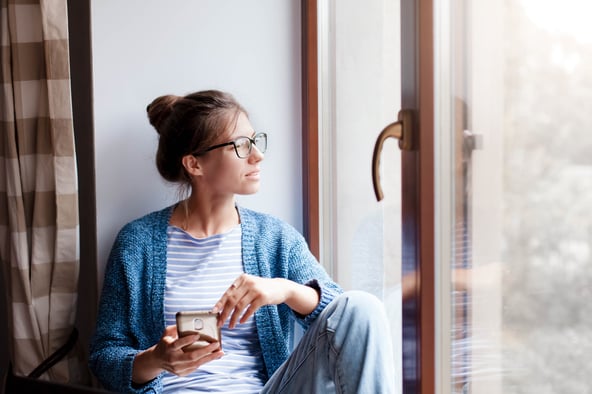
This was when I finished my cancer treatment, and spent the next six weeks waiting for results.
It made me so sick with worry that one night, I could not take it anymore... I had to get out of the house!
It was pitch dark, and I was walking along the railway tracks, and I could not stop thinking:
What if the cancer is still there, inside me? Is it growing, has it spread? Is there another treatment? Or is this it, am I going to die? Well, what can I do about the cancer coming back? Nothing, it's not up to me - but what about the rest of my life?
Do I have the rest of my life under control? Am I doing what I can to make an impact, and stay connected with people I care about, to be the best person I can be?
This is when you can manage worry about the virus, about cancer because it's only one part of a bigger life that you're living.
Then I thought - I am NOT living my best life, in a way that works for me...
How can I make a greater impact? How can I form even stronger bonds with people I care about? How do I bring more joy and vibrancy into my life?
I started making changes - spending more time with my son, and started a podcast to share support and advice for those with cancer...
Calm has started to come back into my life because I spent less time worrying about how things might turn out and more time and energy into things that were important to me, and people I care about the most.
Changing focus takes our thoughts away from isolation and uncertainty, and we can channel our efforts towards things that make us happy.
So when I get close to the time of my regular checkup, or when I read the latest news about COVID-19, I ask myself - have I been living my best life?
This best life is what I now call the 3P's (People, Projects and Passions) as a way to check in with how I am going:
People - who is the one person who looks up to you right now who might need your support and encouragement? Could you text this person, or jump on a video call with them?
Because when you are connected with people you care about, you gain the power to tackle uncertainty.
Projects - what is the one project that I can plan from start to finish that will give me a sense of achievement?
Passions - what is the one hobby or passion you love doing but maybe haven't had the time for that you could do now? Can you do it from your own home? Can you get your friends, family, or colleagues involved to support you in what you want to do?
This is a tough time, but you can get through this, and help your patients have the life that they deserve, despite the uncertainty!
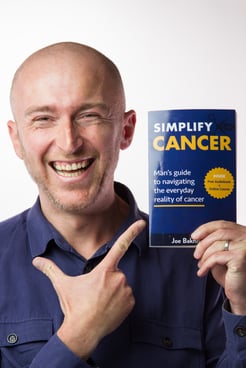
For more about Joe and Simplify Cancer Podcast go to:



